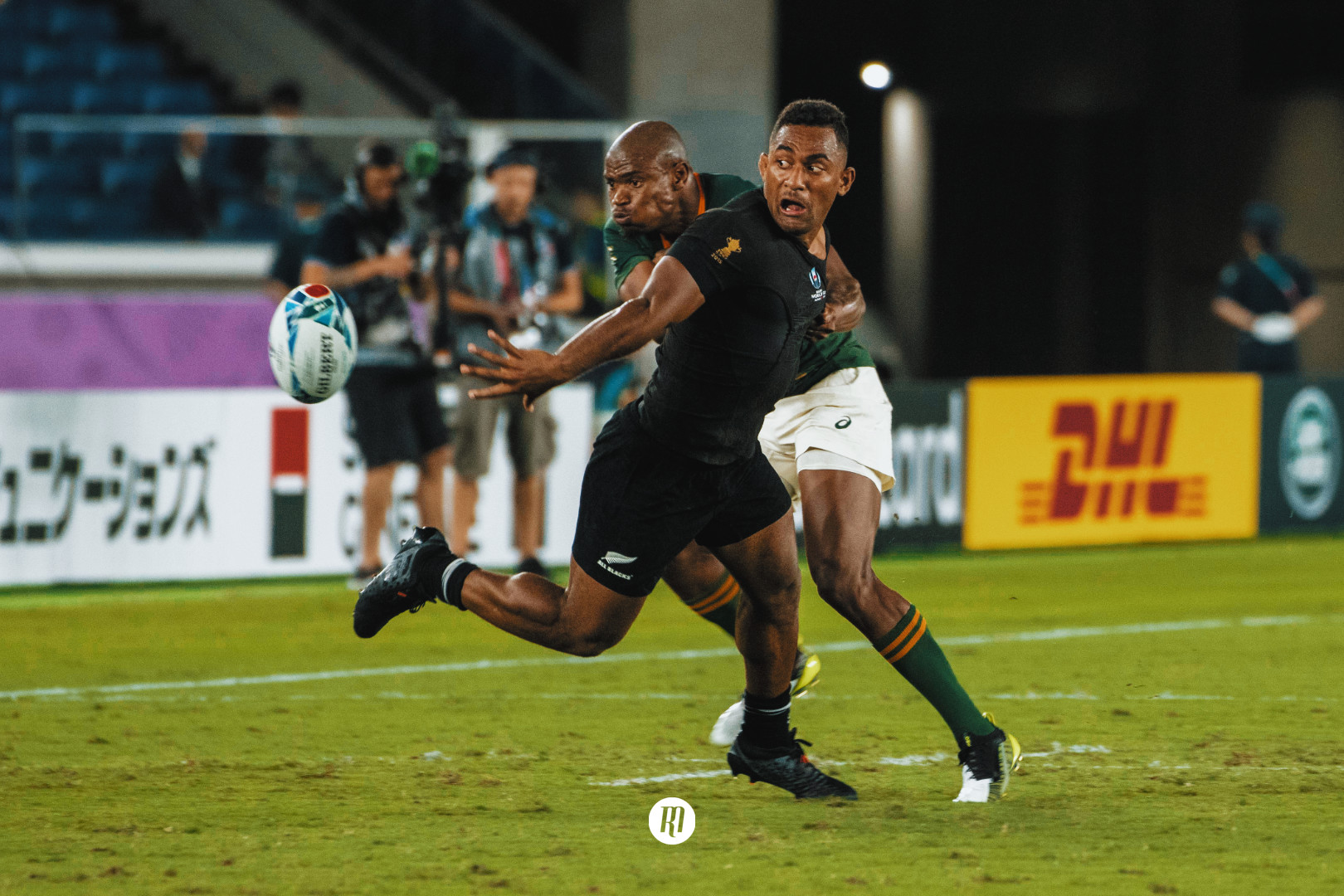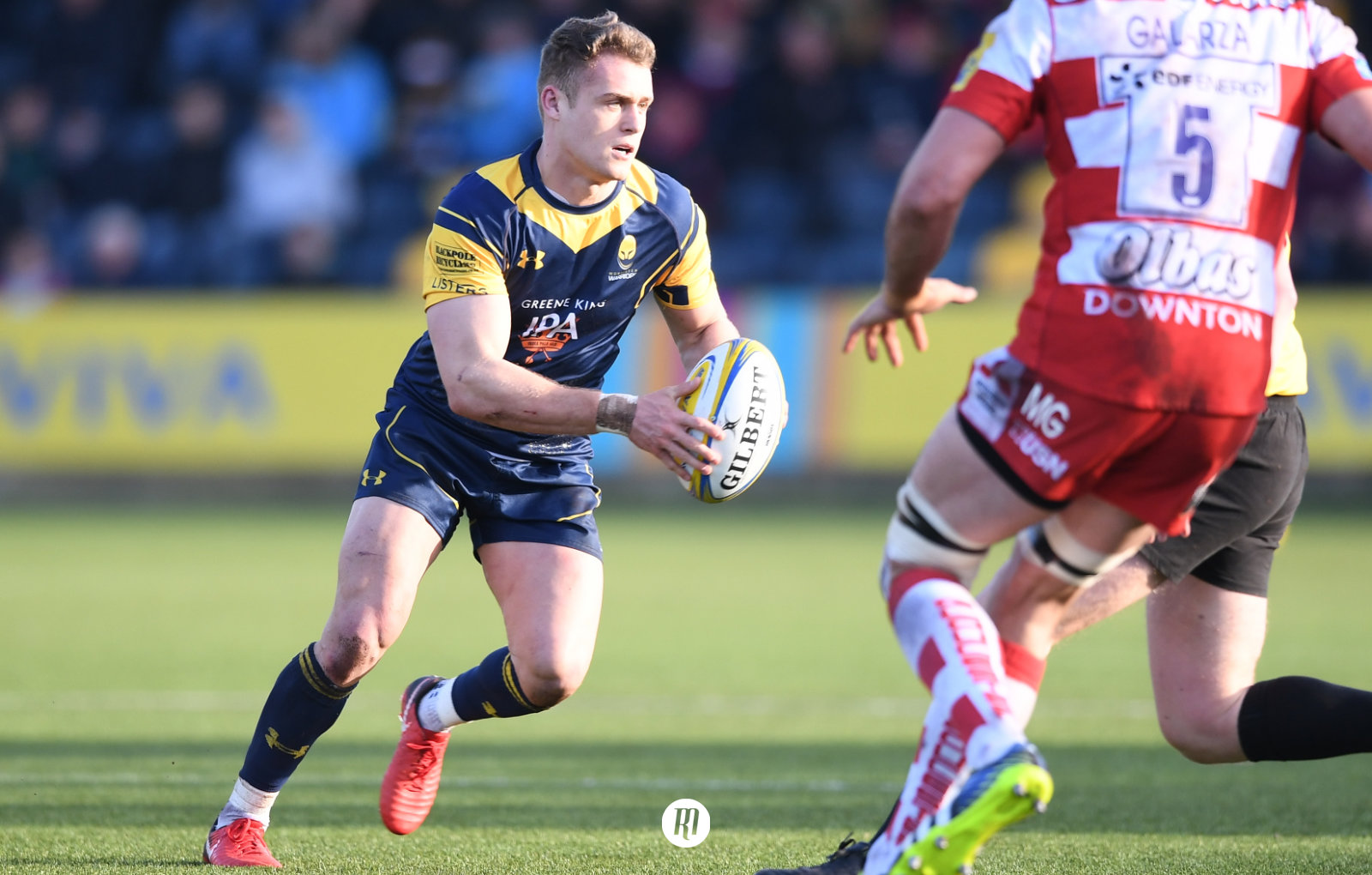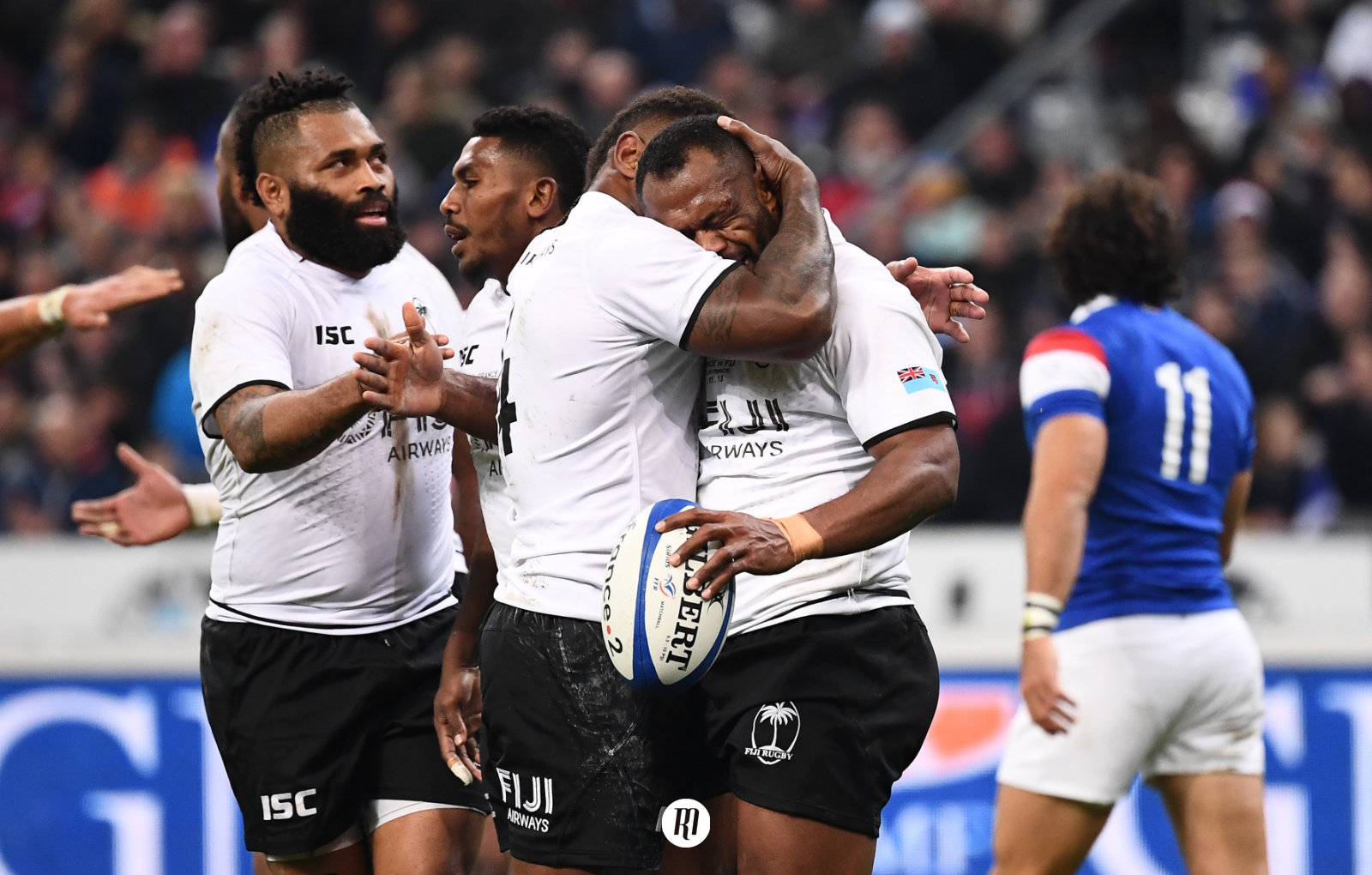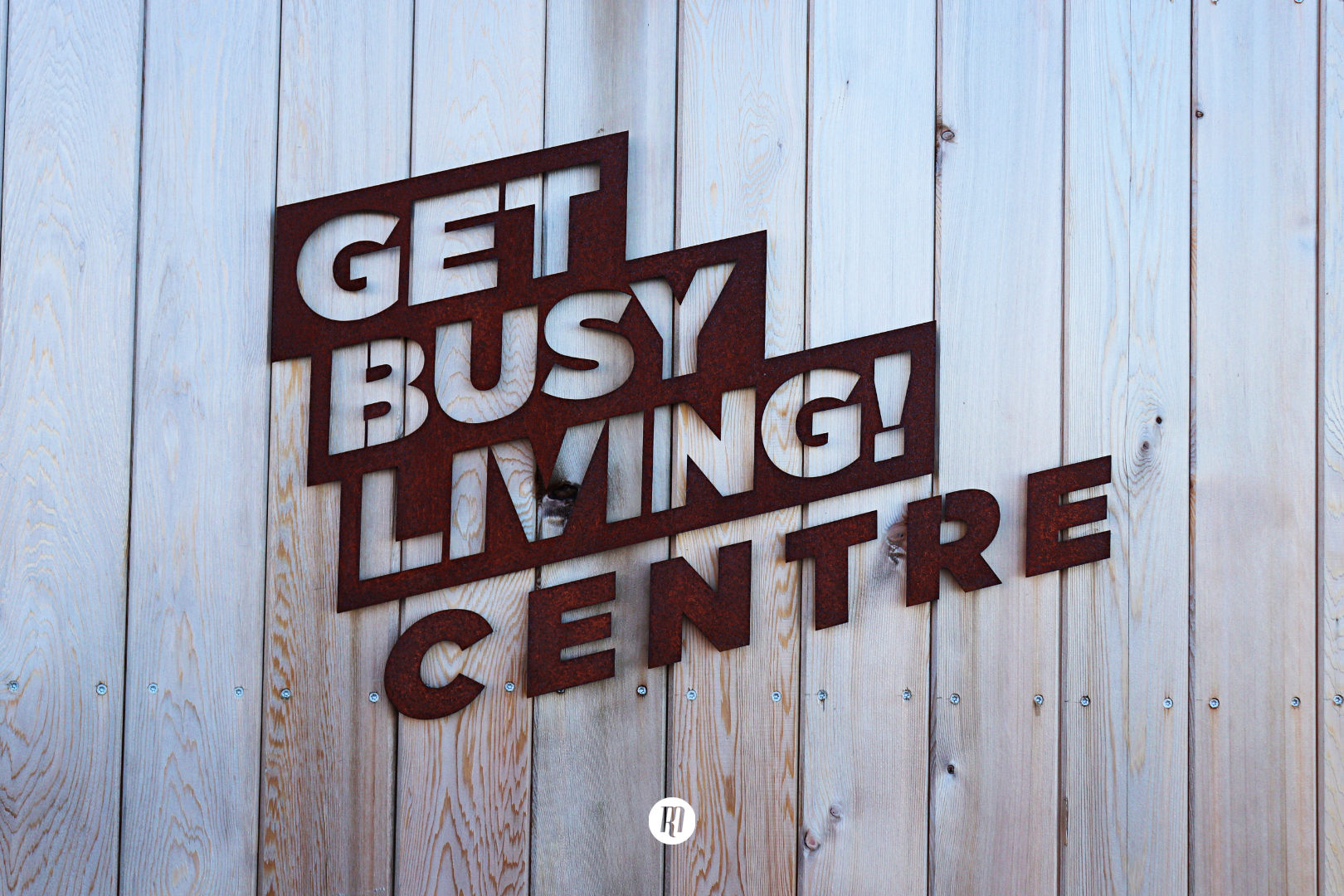Dealing with Cardiac Arrest
Edward Kerr talks about his first hand experience with Cardiac arrest and how clubs can keep their players safe.
It's coming up to nearly three years since I had a cardiac arrest. The thought that I might be at risk had never crossed my mind before that, and I had been very fit and active playing rugby, as well as swimming and hockey. So, on the ill fated day of 23rd April 2012, we were all pretty surprised to find that my heart had stopped. I'll spare you the gruesome detail, once I was let out of hospital, it was back to life, but a life without being able to play rugby, which left a big hole in my life.
I had my cardiac arrest shortly after Fabrice Muamba had collapsed playing at White Hart Lane, so it was prevalent in the media at the time. Both Mr. Muamba and myself are very lucky; the out of hospital cardiac arrest survival rate is just 8.6%. I have been fortunate enough to come away without any brain damage (as a result of lack of oxygen to the brain - my wife might tell you otherwise!), but this is another major concern for those who have had cardiac arrest. Shortly after my incident, I was brought news about a player a couple of years younger than me at a local rugby club, who had not been so fortunate. The figure of 8% shows that sudden cardiac arrest is almost likely to end in tragedy.
For sportsman, it doesn't matter how fit you are because it isn't about the 'plumbing', it's about the 'electrics'. If your heart has a susceptibility, for whatever reason (and there are many), then you could find yourself in a rhythm that causes your heart to reset itself and then never start again, which isn't ideal.
It doesn't have to.
This is an issue for the wider sporting community and not just rugby, and while top level clubs have the staff and equipment in place, lower level clubs tend not to, and tend not to know what to do. Quick action can be the difference between life and death, and indeed the other discussed consequences of cardiac arrest. Call an ambulance and give CPR. If you are lucky enough as a club to own a defibrillator, amazing; don't be scared of it or worried about how it works: victims have died because people didn't act (it tells you what to do). If you don't own a defibrillator, I implore you to get one as soon as you can. If you are one of the despicable creatures that has stolen a defibrillator, and your conscience can carry the fact that your actions might cause the death of an individual, I sincerely hope I never meet you.
It is important to state though that cardiac problems can be managed before they become a problem, and I urge anyone and everyone to get checked out. If you can highlight issues and manage them in advance, you can mitigate the circumstances which might lead to a rather unwelcome outcome. Going to your GP is a start (although they tried to chin off my brother until he pointed out the circumstances of his arrival), but there are other information resources out there; the British Heart Foundation has a treasure trove of information and is leading the fight for your heart, but there are smaller charities out there working hard to keep you safe, such as Cardiac Risk in the Young who provide regular screenings for 14 to 35 year olds. It might save you life.
We only have one heart each, and there isn't a backup, so keep yourself safe. I'd like to leave you with the immortal words of Vinnie Jones, but before that a video from Cardiac Risk in the Young:

Filed under:
Spirit Of The Game
Written by: Edward Kerr
Follow: @edwardrkerr · @therugbymag



